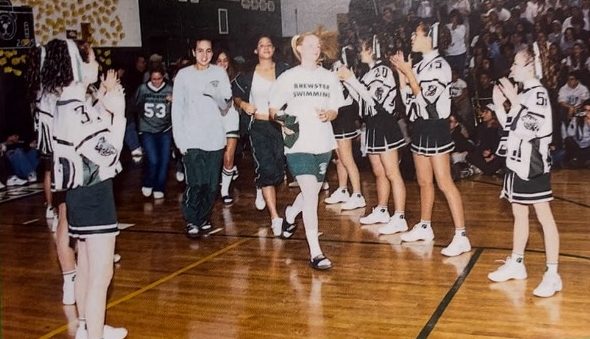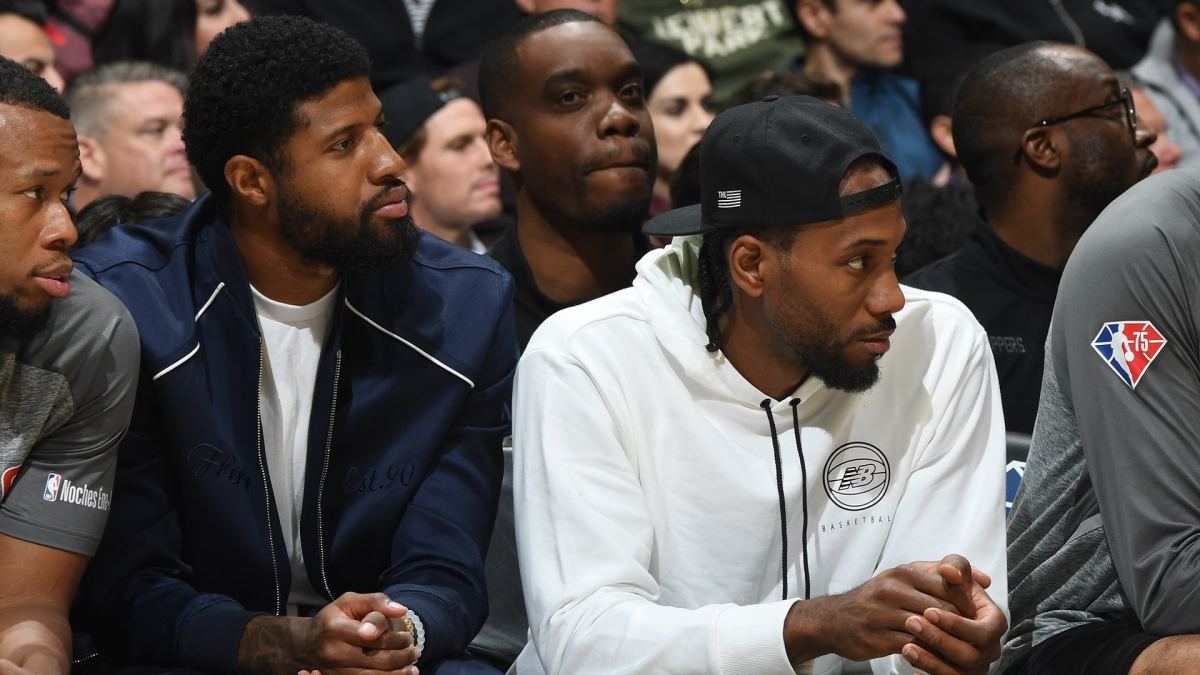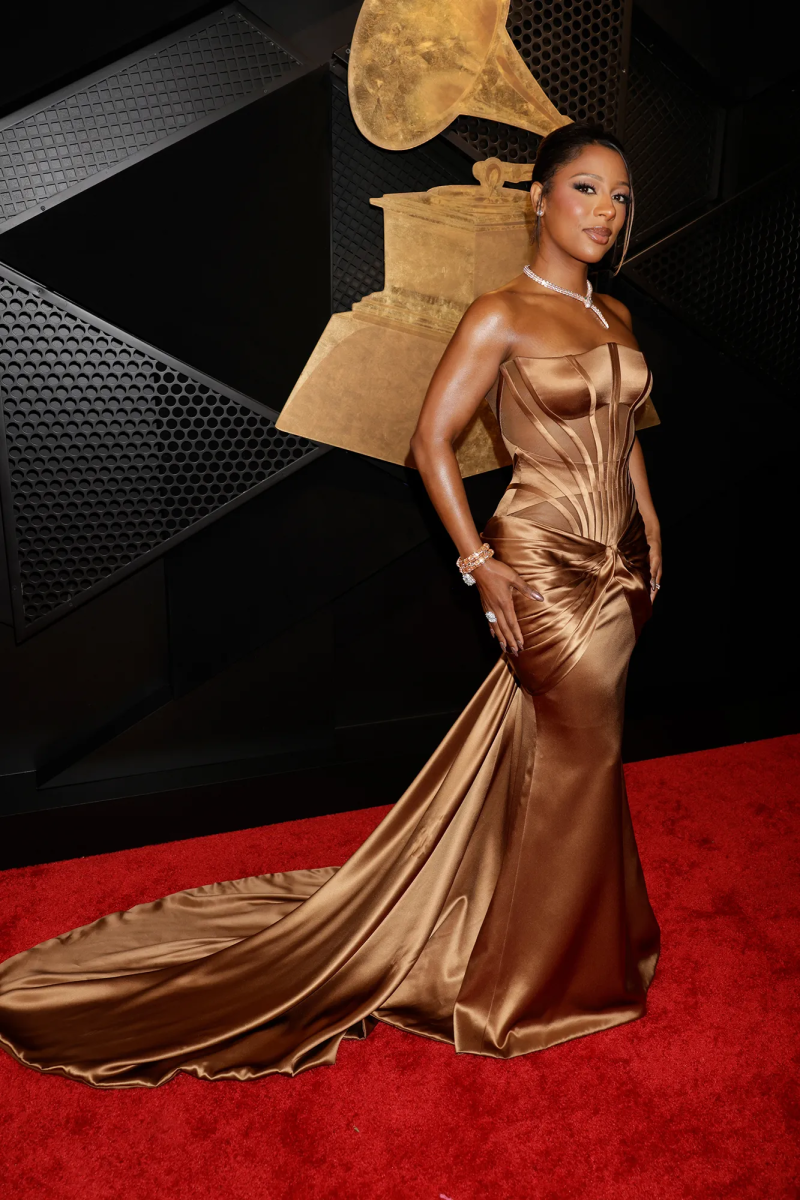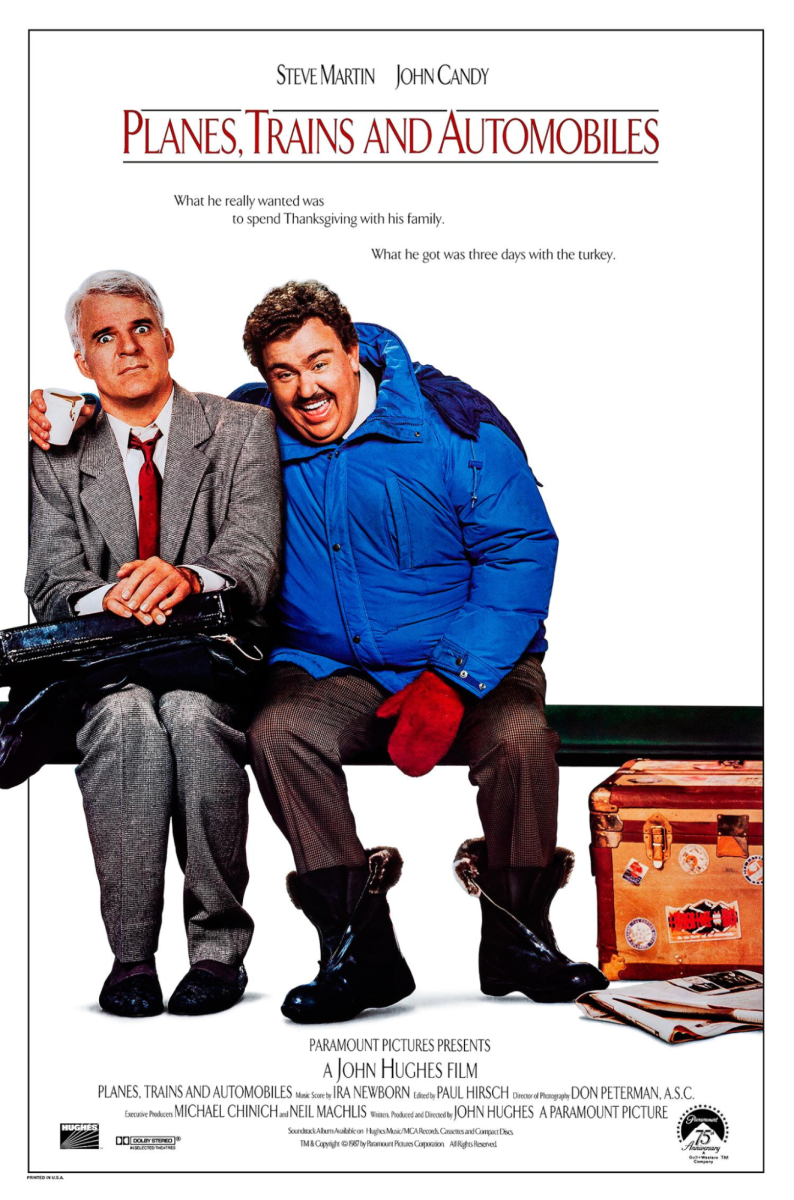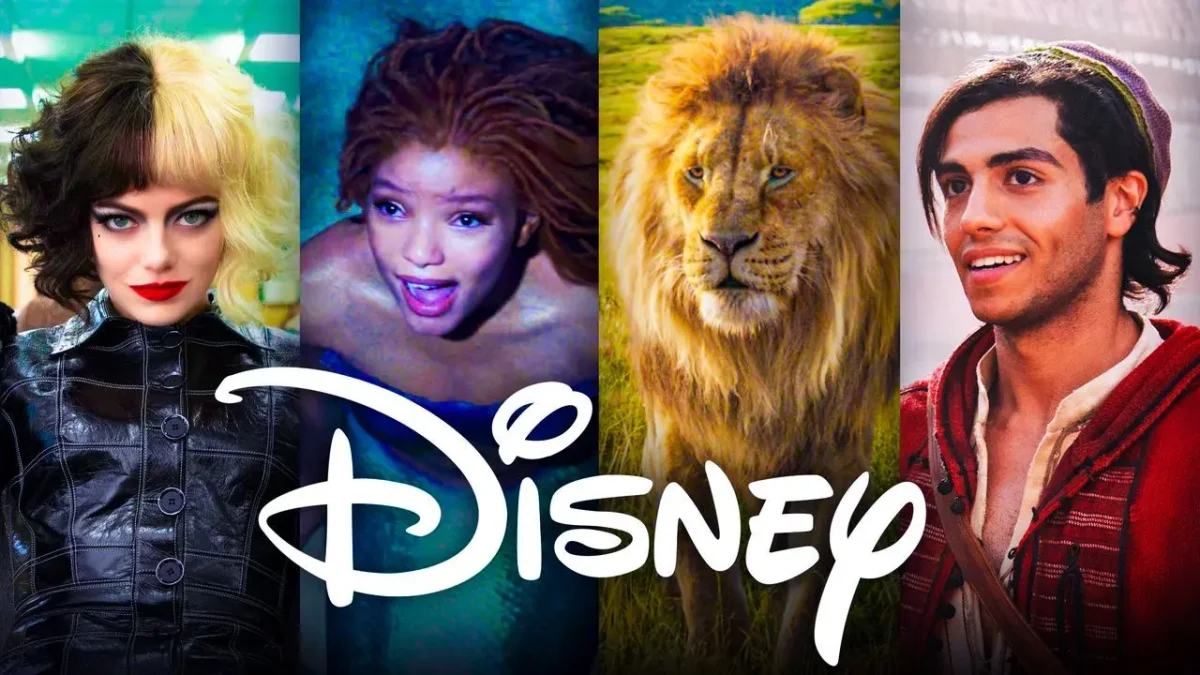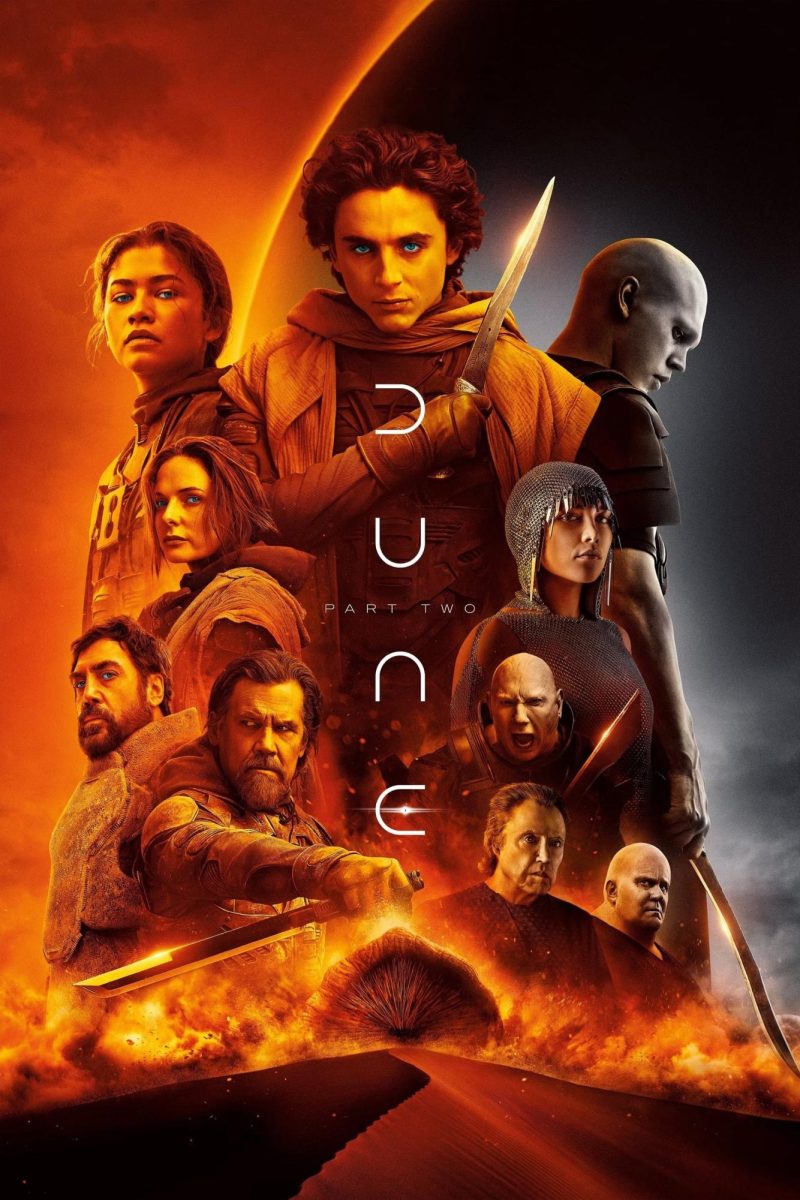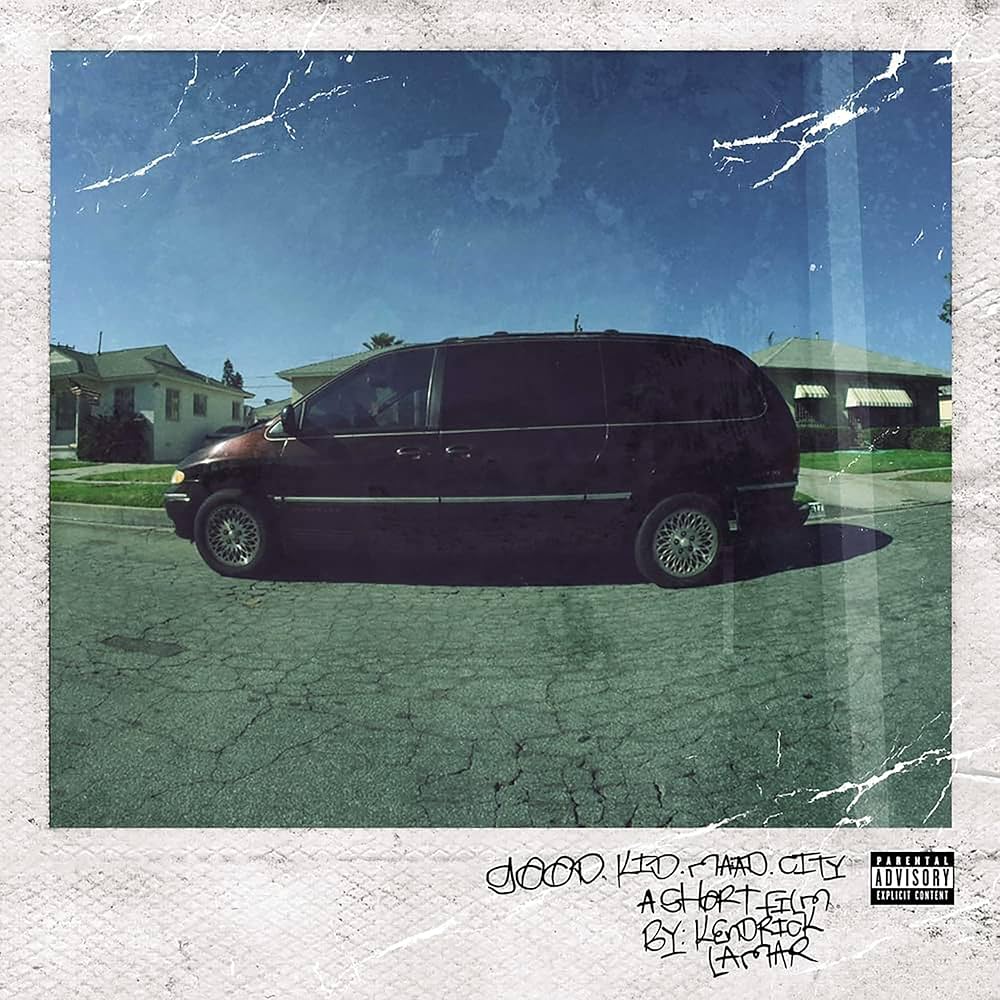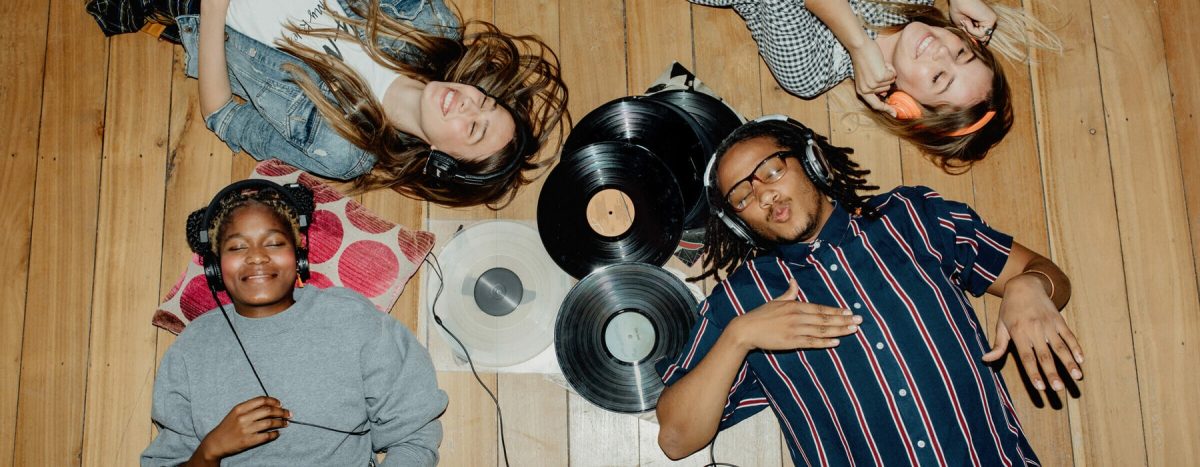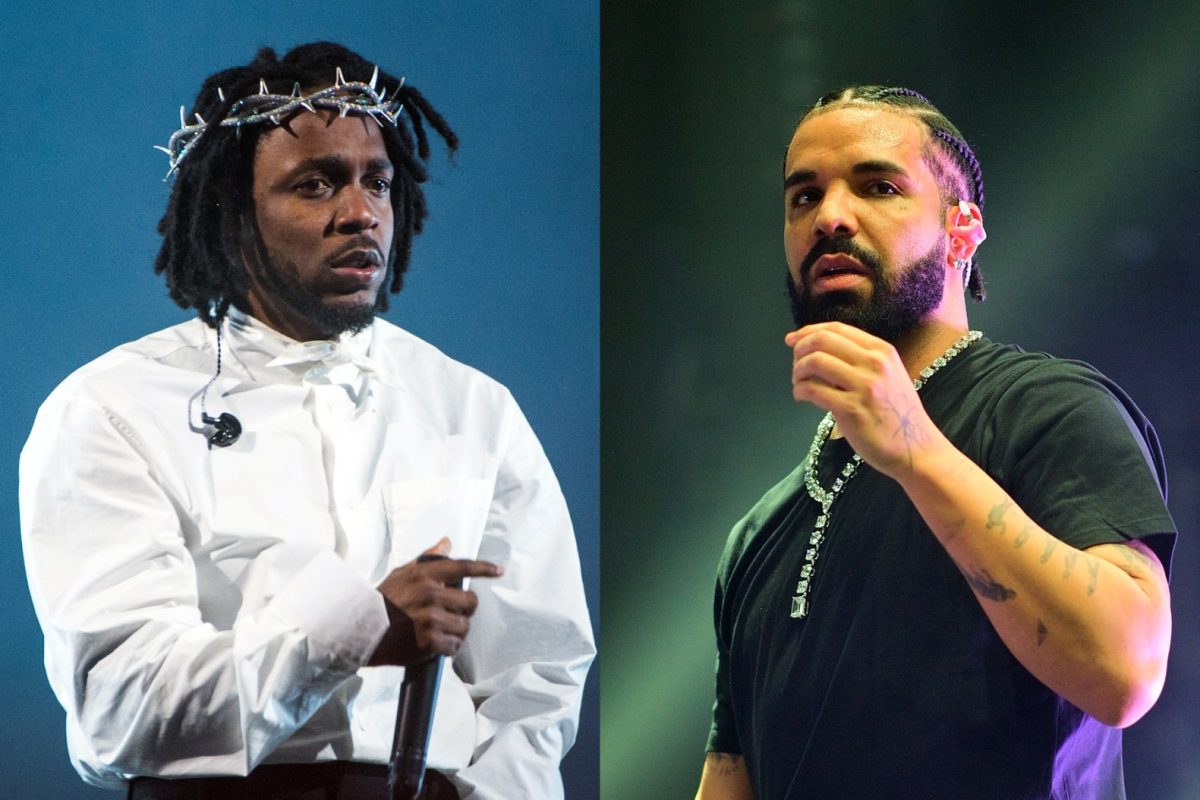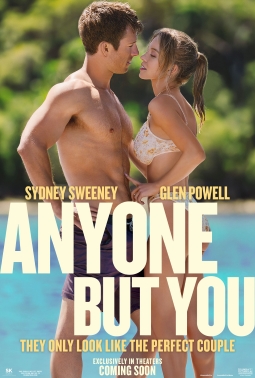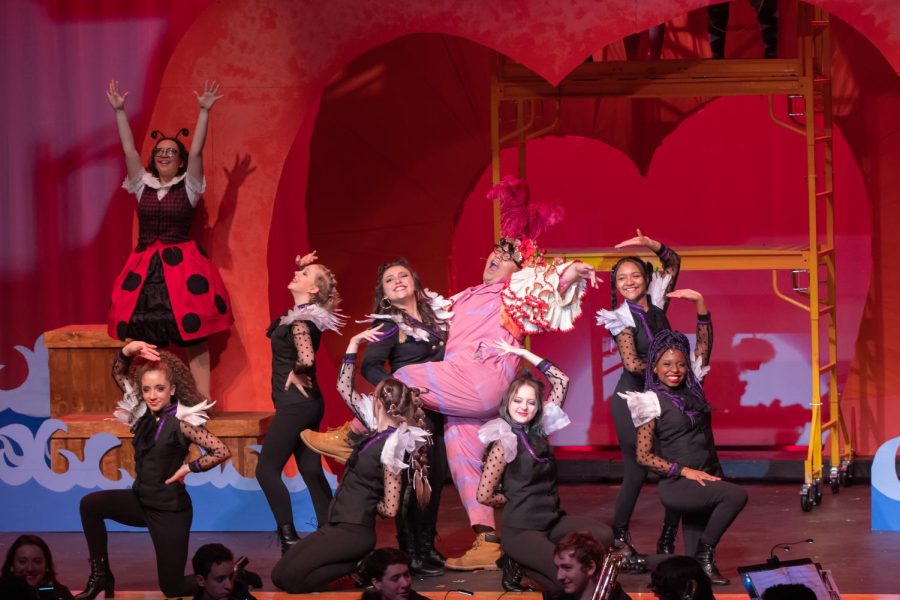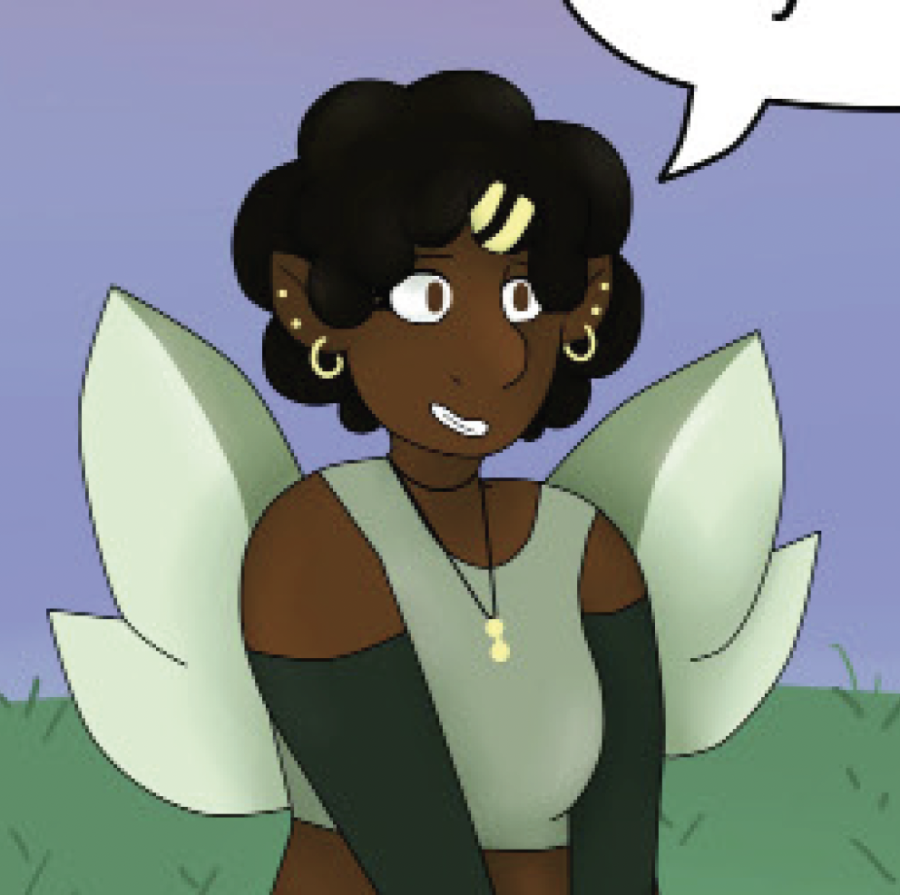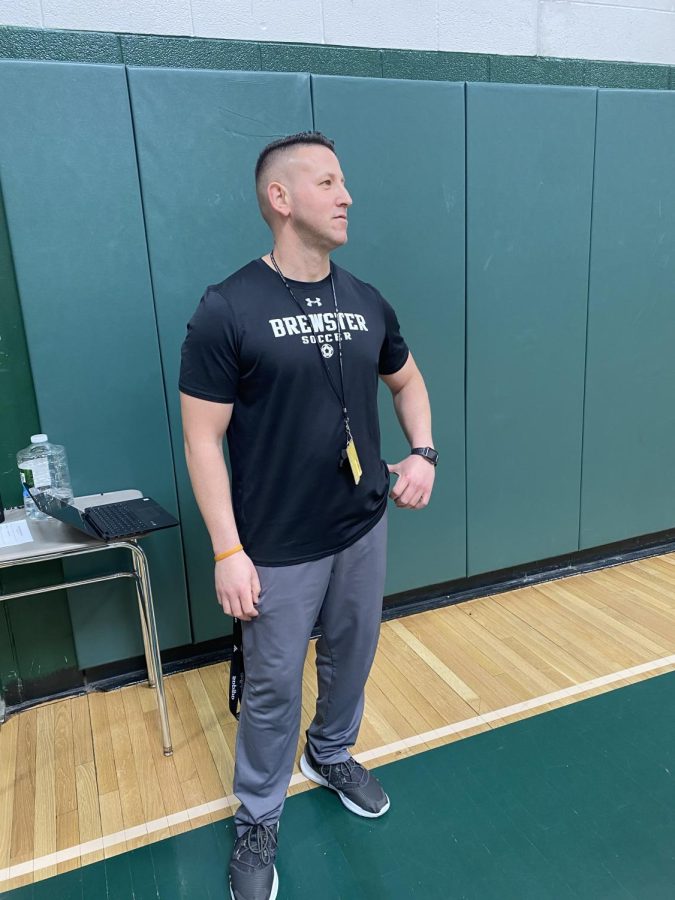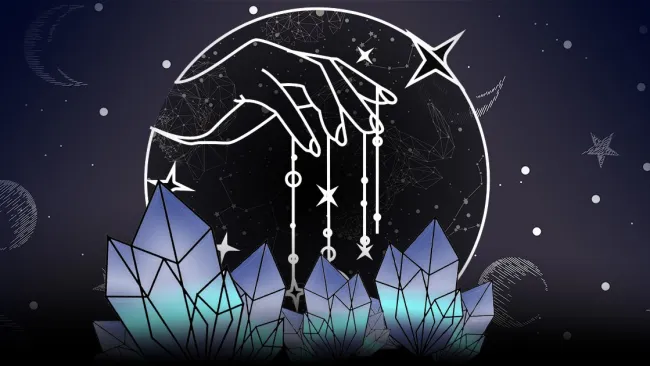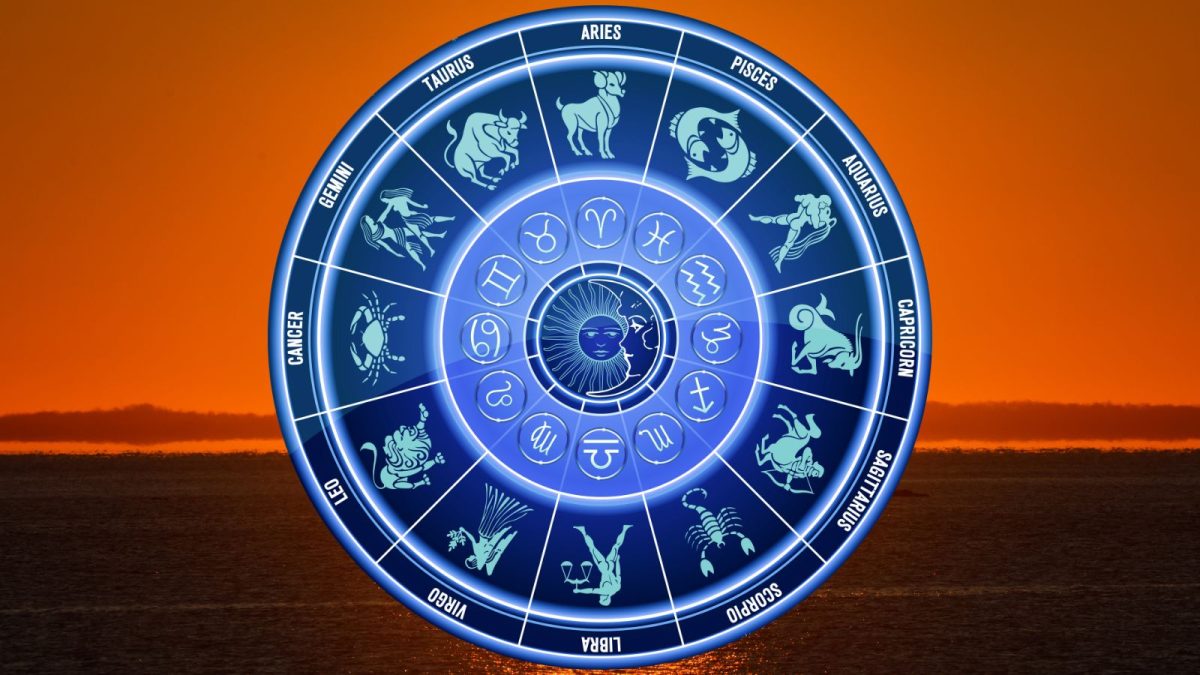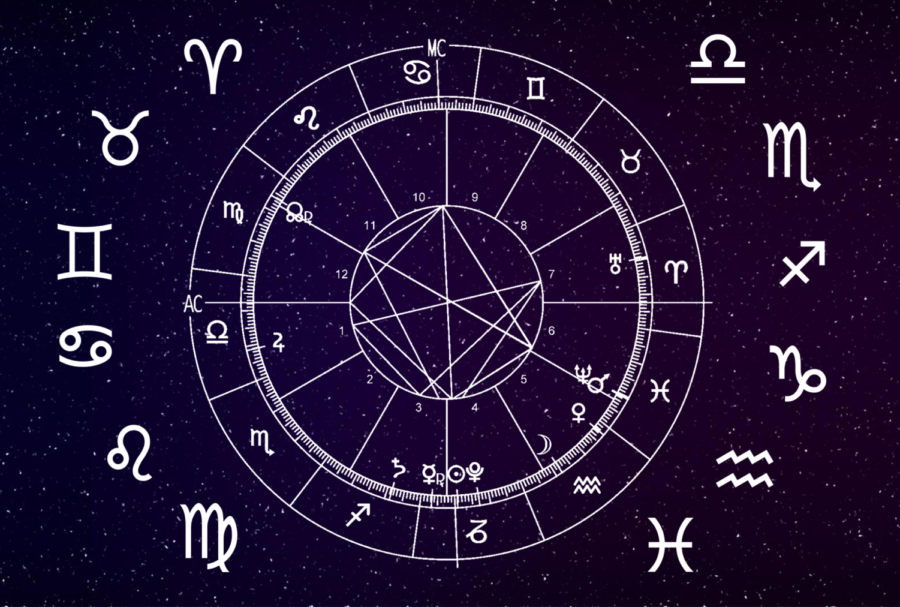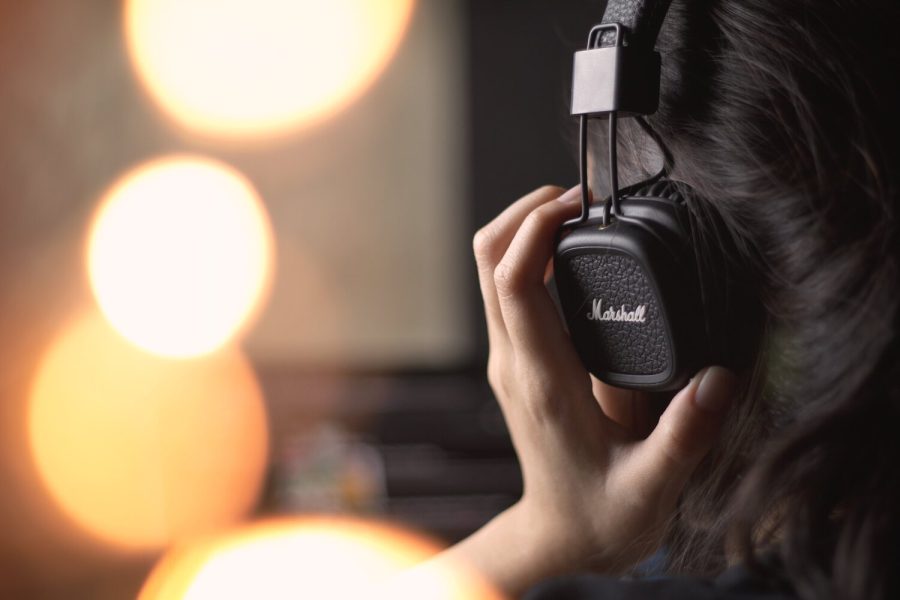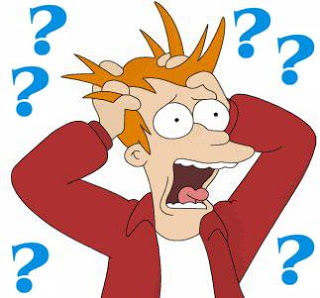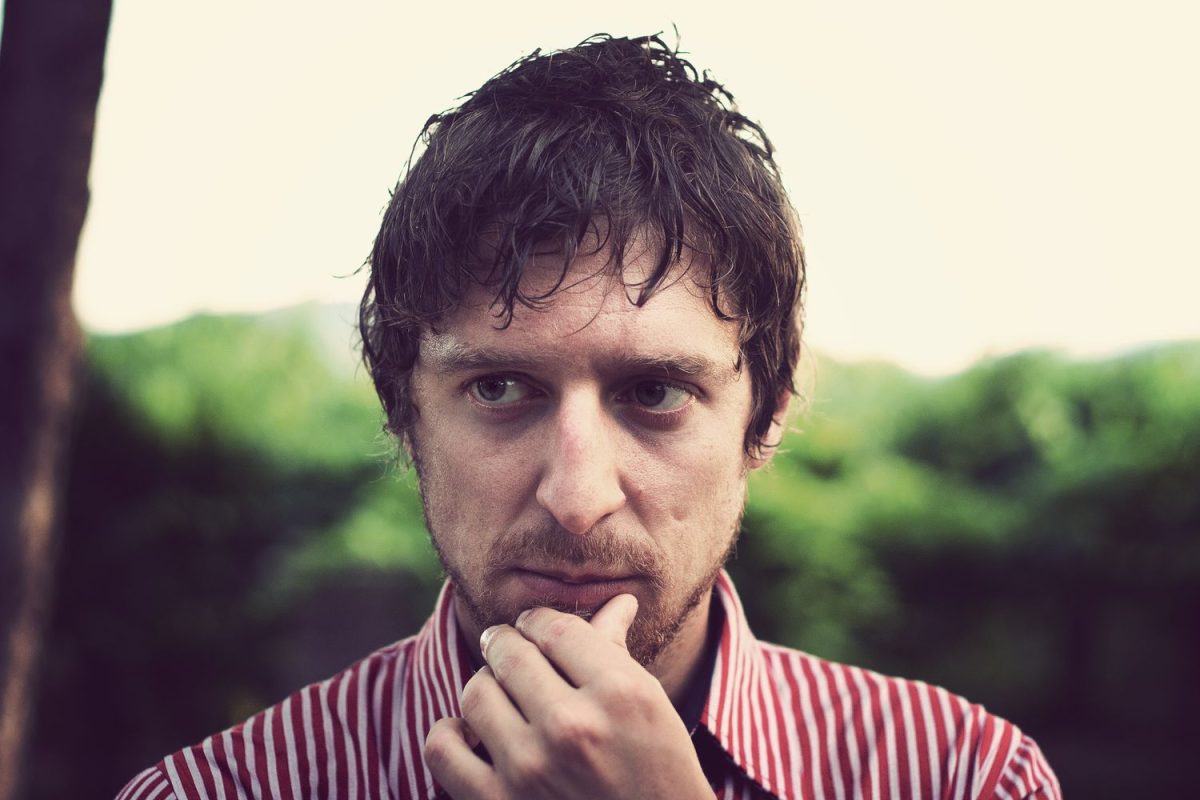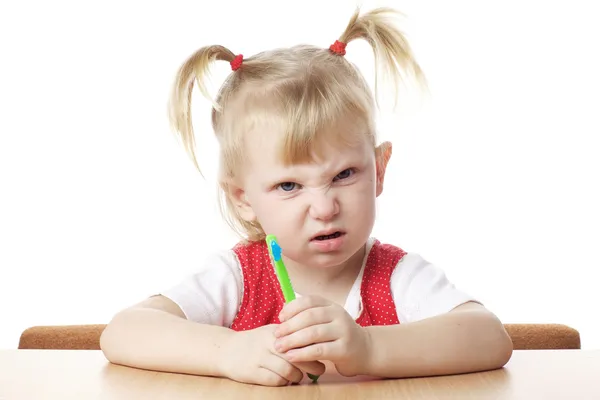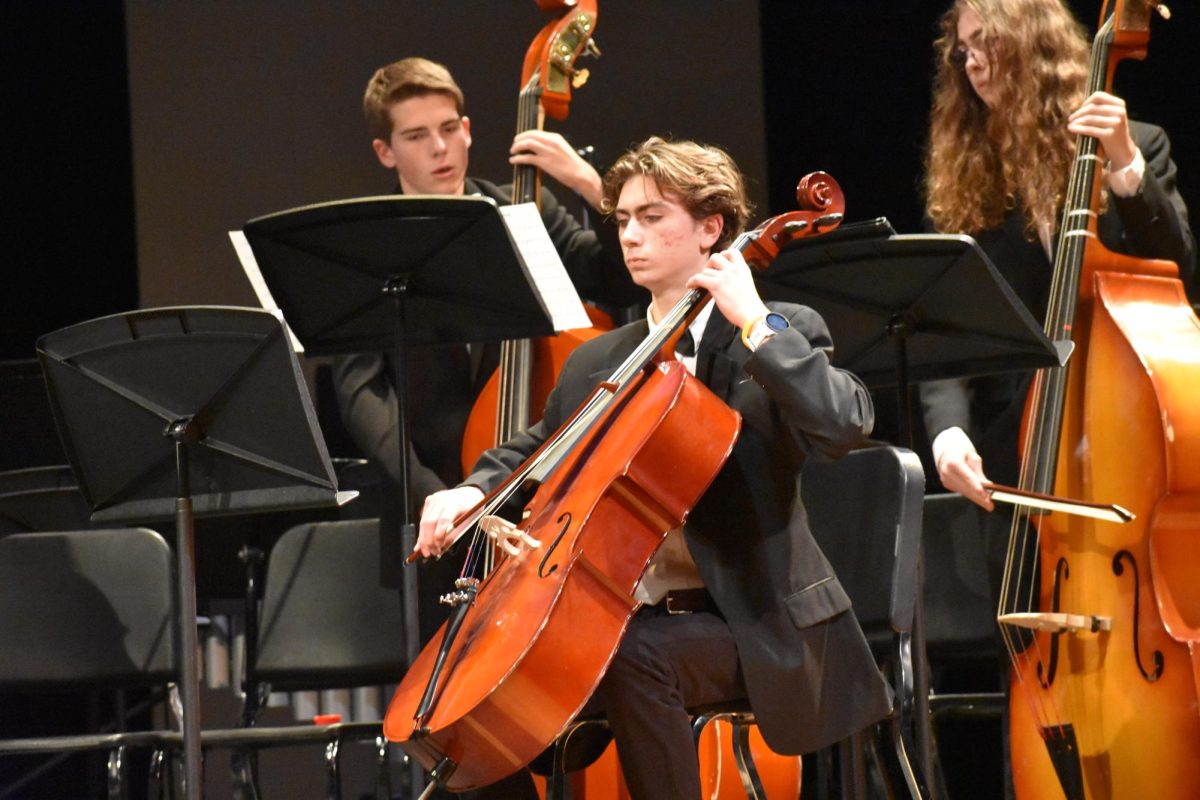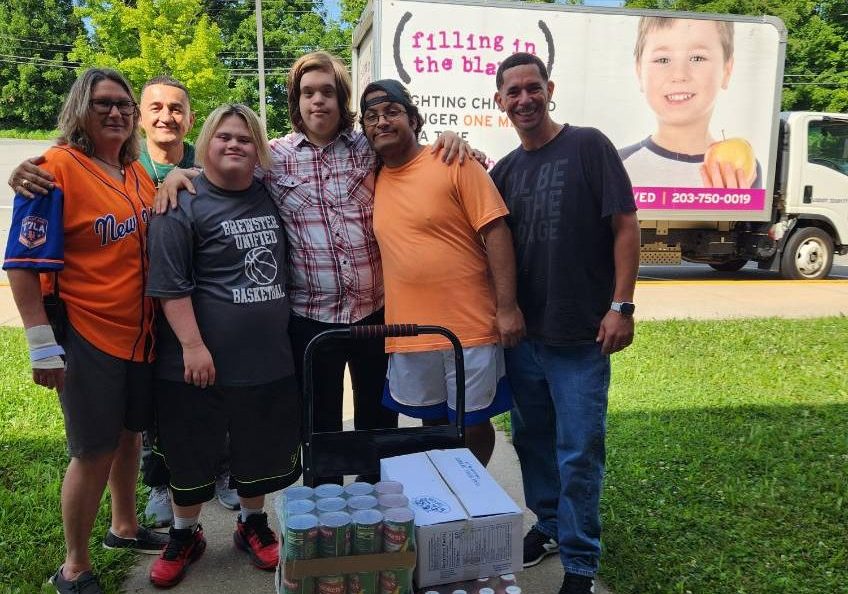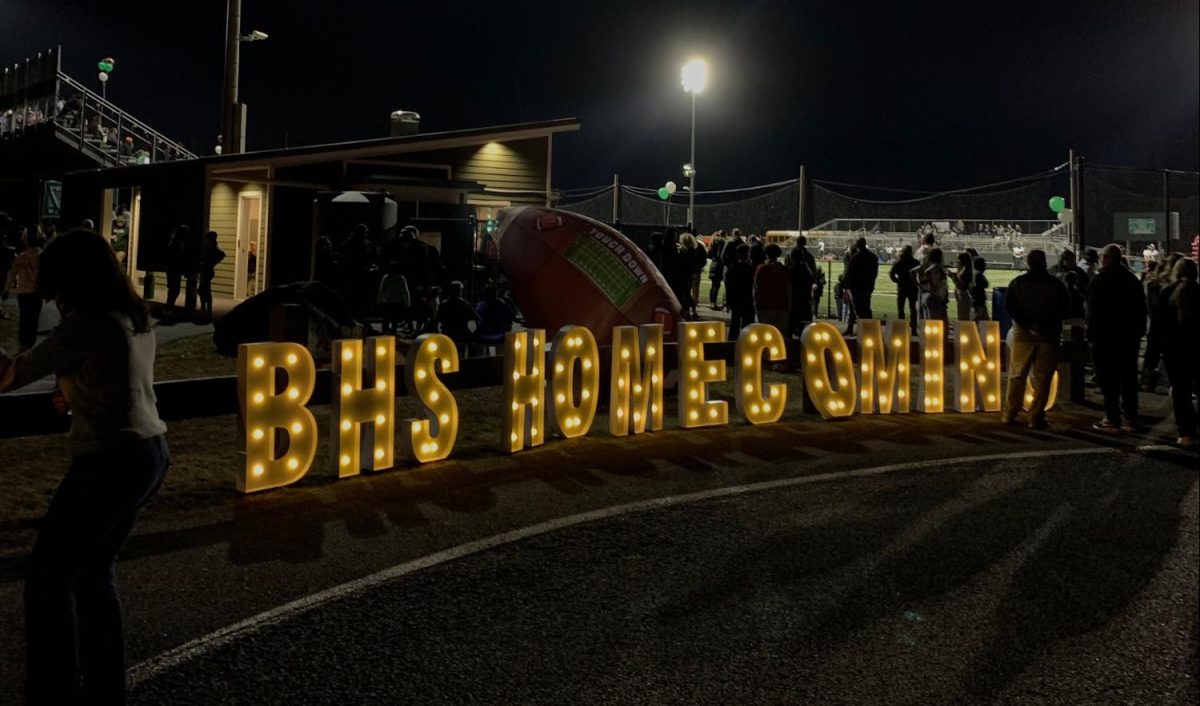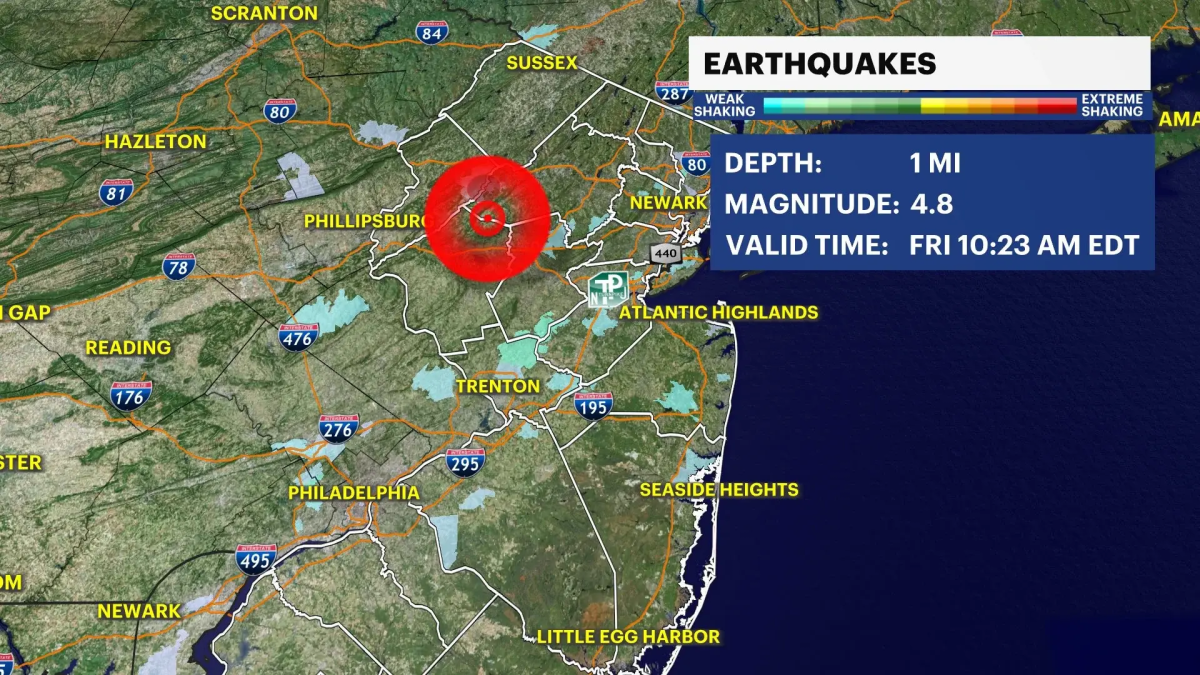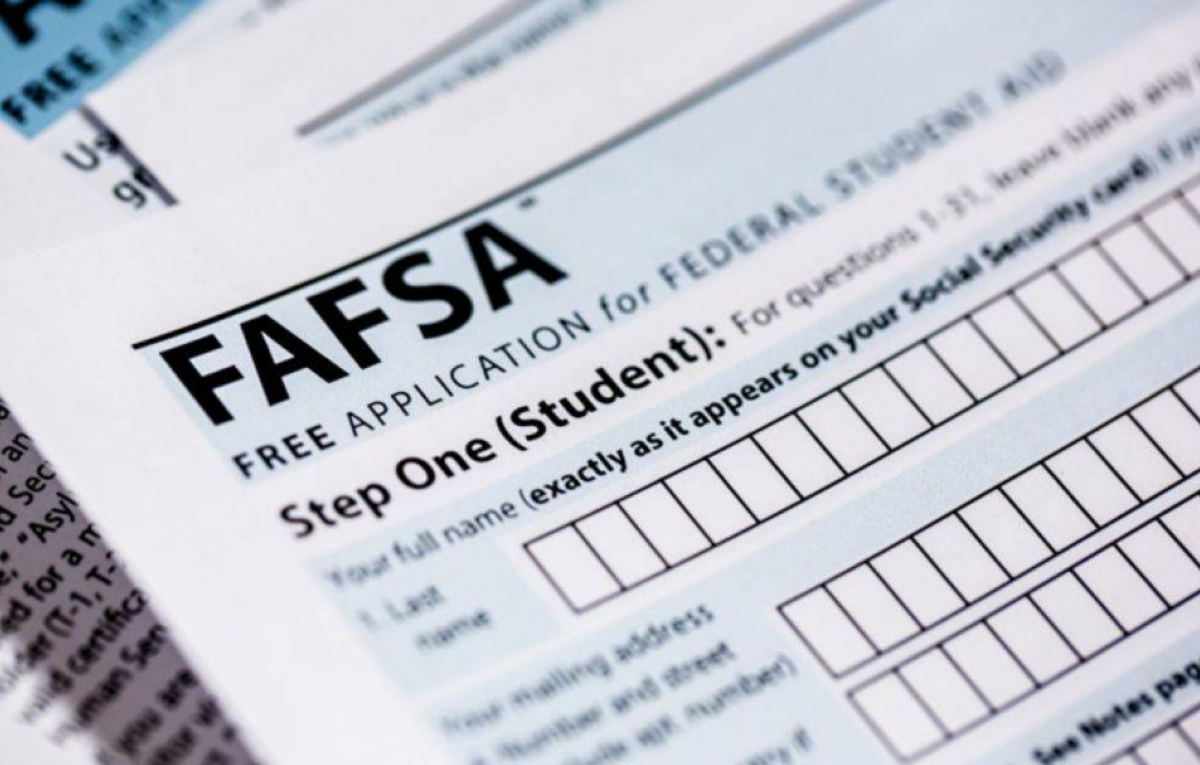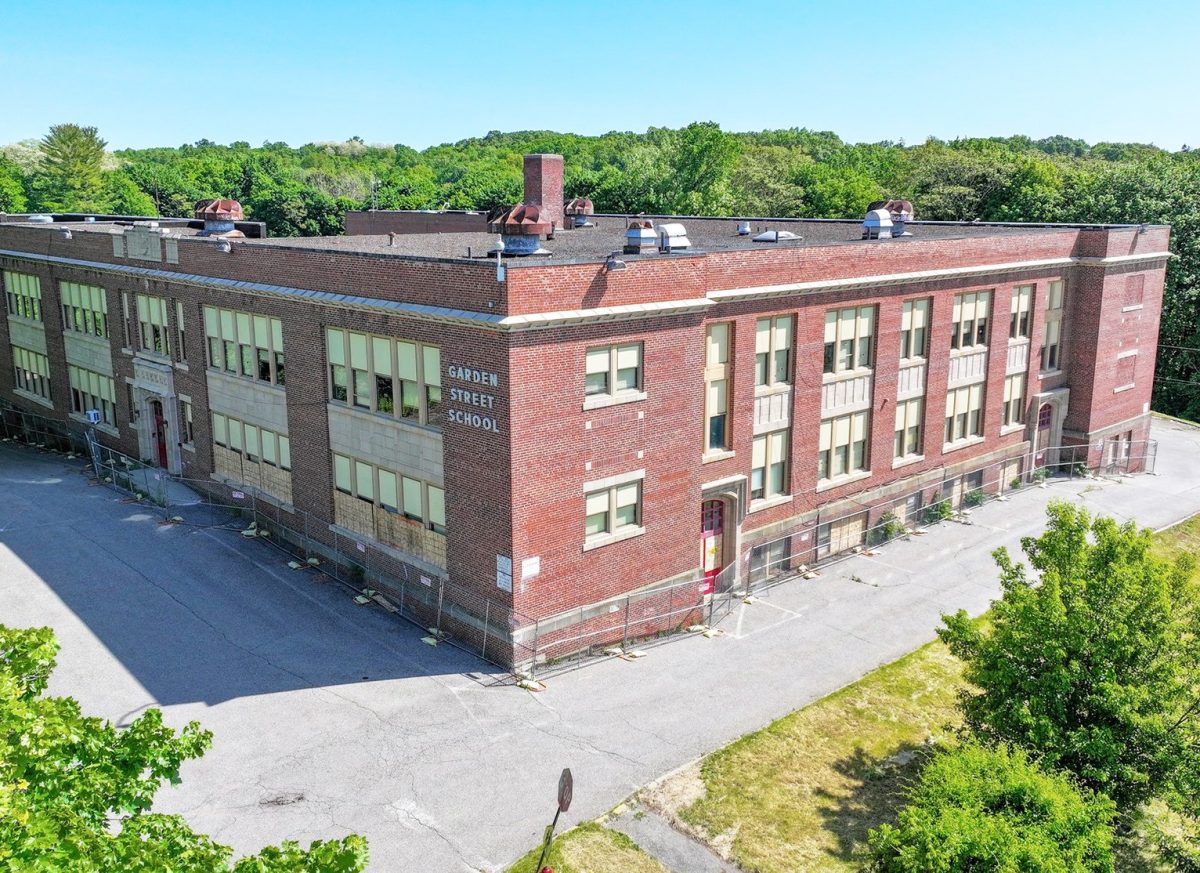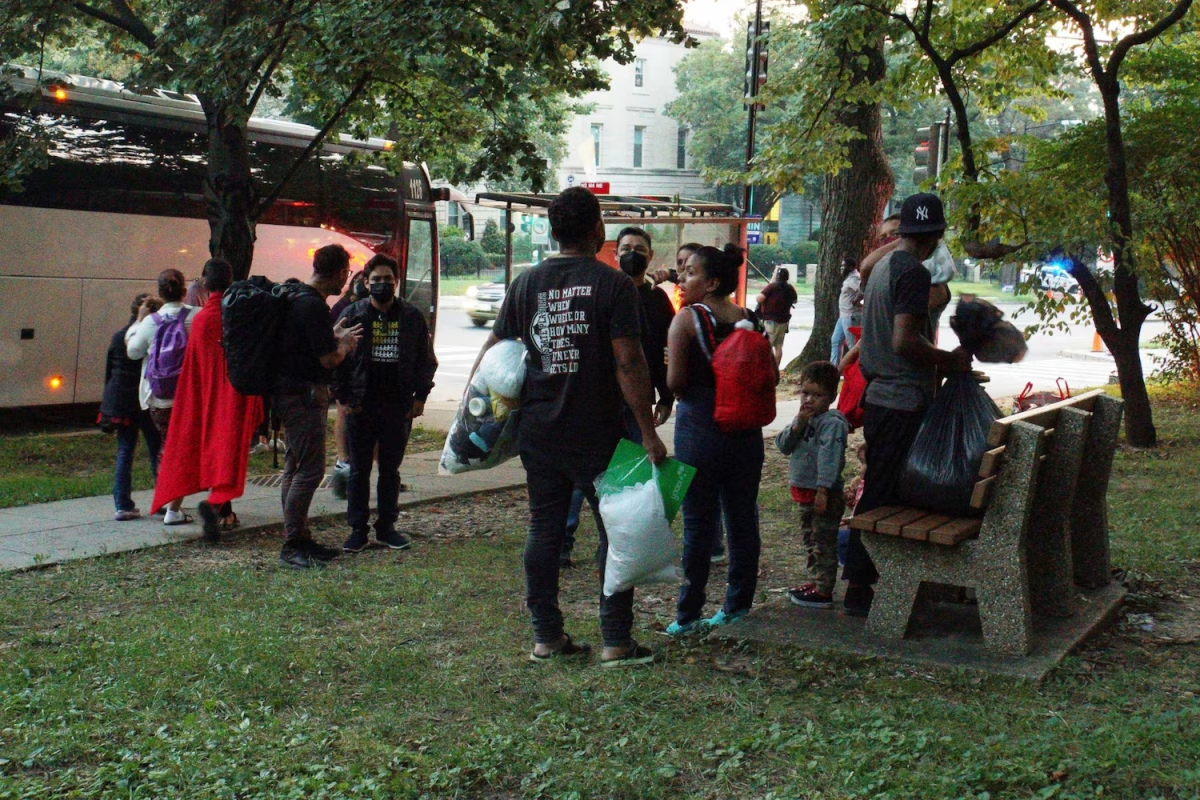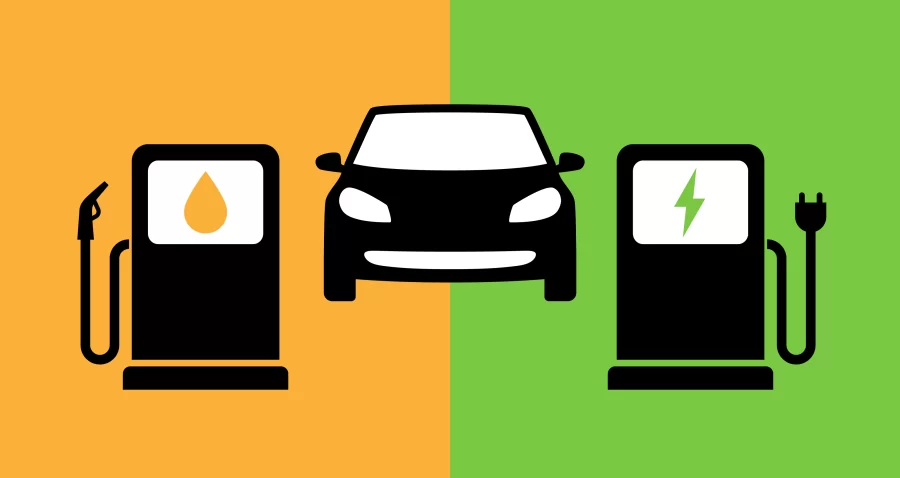Is Speech Still Free If It’s Filled With Hatred?
May 3, 2021
Hate speech: we have all heard the term at least once or twice, either on the news, from our older siblings in college, or one of our overly political friends, but what is it? According to Merriam Webster, hate speech is “speech expressing hatred of a particular group of people.” Now that seems pretty cut and dry, but if we dig into the concept of “hate speech,” there are a few concerns that come up. Is hate speech protected under the First Amendment? If so, how much? Are there any limitations of the First Amendment? If not, should there be? Who decides what we consider hate speech?
My favorite quote from Benjamin Franklin is, “If all printers were determined not to print anything till they were sure it would offend nobody, there would be very little printed.” I would even argue that if we were to make sure what we wrote or said never offended anybody, nothing would be worth writing or saying. Believe it or not, we technically do not have any hate speech laws in the United States.
I don’t think people want to purposely be hateful or deliberately hurt someone’s feelings. One of the biggest problems that arises when hate speech comes up is determining what is considered hateful to people. Now that seems like a relatively simple question to answer. The problem is what I might find offensive may be completely different from what you may find offensive.
Our Founding Fathers believed that freedom of speech is an inalienable right, with inalienable meaning, “incapable of being alienated, surrendered, or transferred.” The government cannot take away our freedom of speech because it was never theirs to begin with. Freedom of speech is given to us either from God[s] or nature. The role of our government is to protect our rights. If we were to enforce hate speech laws, we would be making a mental minefield for people because, God forbid, we say something that might offend someone.
Now we should address the extremes. Should we allow radical people to say whatever they want? My answer is, we have to. For example, I think people should have the right to be racist and make racist remarks. Now, I disagree entirely with what they say, but I will defend their right to say those things. I don’t think we should shut down speech simply because you disagree with it. Freedom of speech is not always hearing stuff you agree with that is not freedom of speech. The book 1984 describes a totalitarian society where the government controls every aspect of people’s lives. Every year the government would ban words that people can no longer use. The dictionary slowly becomes smaller and smaller. How is that practice any different than what people want to do with hate speech laws? I do not trust any government to decide for people what we can and cannot say.
The next question is, should there be limitations to our freedom of speech? My answer to that is no. What about the old argument of, “you can’t call fire in a crowded movie theater”? Well, yes you can, as long as there is a fire. The only limitation of speech is the call to action which is different from freedom of speech. For example, you can say, “I want to beat Nate to a pulp” or, “I want to push Nate down the stairs,” both of which are acceptable to say. However, you cannot tell someone to, “Go beat Nate to a pulp” or to, “Go push Nate down the stairs.” It’s the call to action that is the issue, not the speech. There is no line between freedom of speech and hate speech as we have defined it, therefore it is protected under the First Amendment.
Now the argument also comes to this: if we can not trust the government to define it, why not let the people decide? The only issue with that approach then turns into mob rules. Benjamin Franklin said, “Democracy is two wolves and a lamb voting on what they are going to have for lunch. Liberty is a well-armed lamb contesting the vote.” Not long ago, the majority thought that the Earth was flat, that the sun revolved around the Earth, and that slavery was socially acceptable. The United States is not a democracy: it never was. We live in a Constitutional Republic, where we have elected representatives who clarify and enforce the rules of our Constitution. Our Founding Fathers made our country the way they did by design. Our Founding Fathers built our government to protect the minority just as well as the majority.
I also want to point out that every social movement that has ever existed to better society has started with speech. The American Revolution, Women’s Suffrage, the black freedom movement, the labor movement, the environmental movement, Black Lives Matter, LGBTQ – all these movements used their right to freedom of speech. Can you imagine if hate speech existed? Do you think Martin Luther King Jr. would have made such great strides? Do you believe the feminist movement would have been as successful without freedom of speech? I don’t. Whether you agree with the First Amendment or not, you have to admit that freedom of speech has benefited minority groups far more than harming them.
Free speech is the foundation to every free thinking society, and if want to live in a free nation we can not give anyone power over what we can and cannot say.
Got a differing opinion to this article or any of our others? Let us know!
Email us at [email protected]



